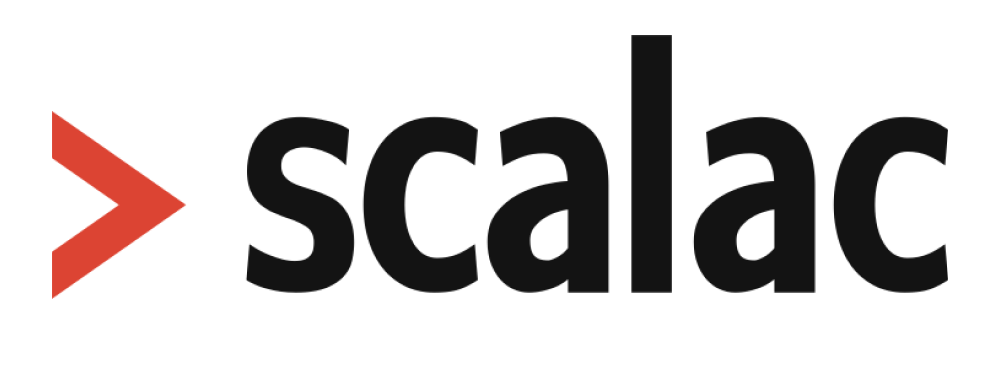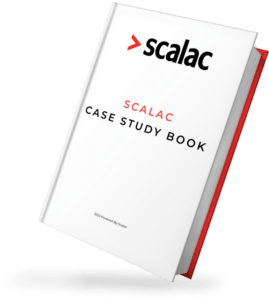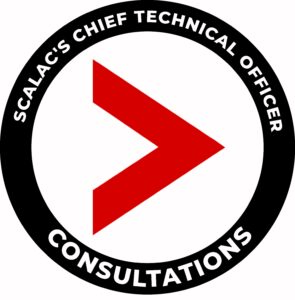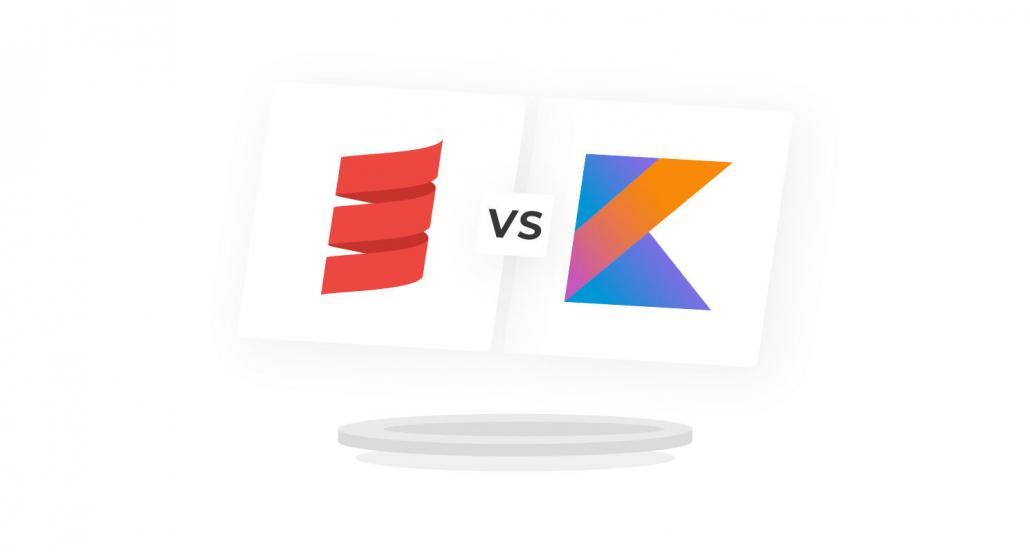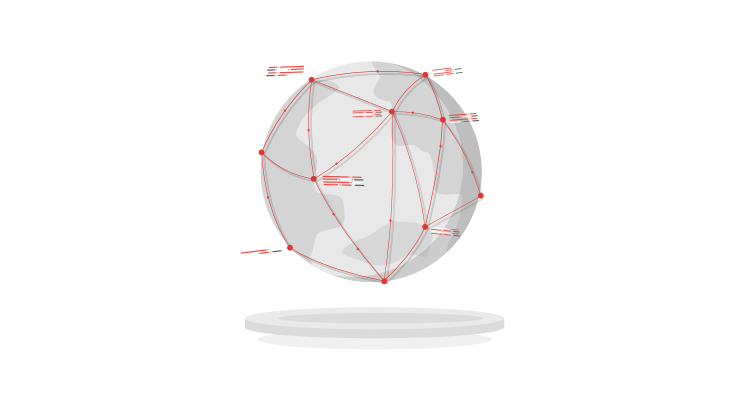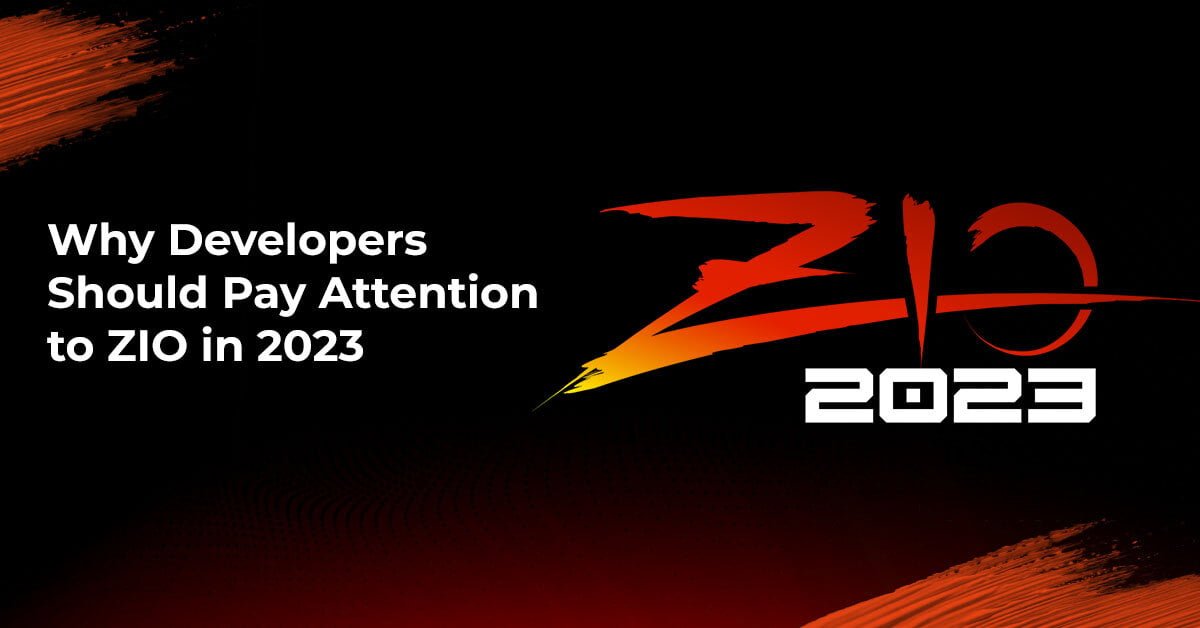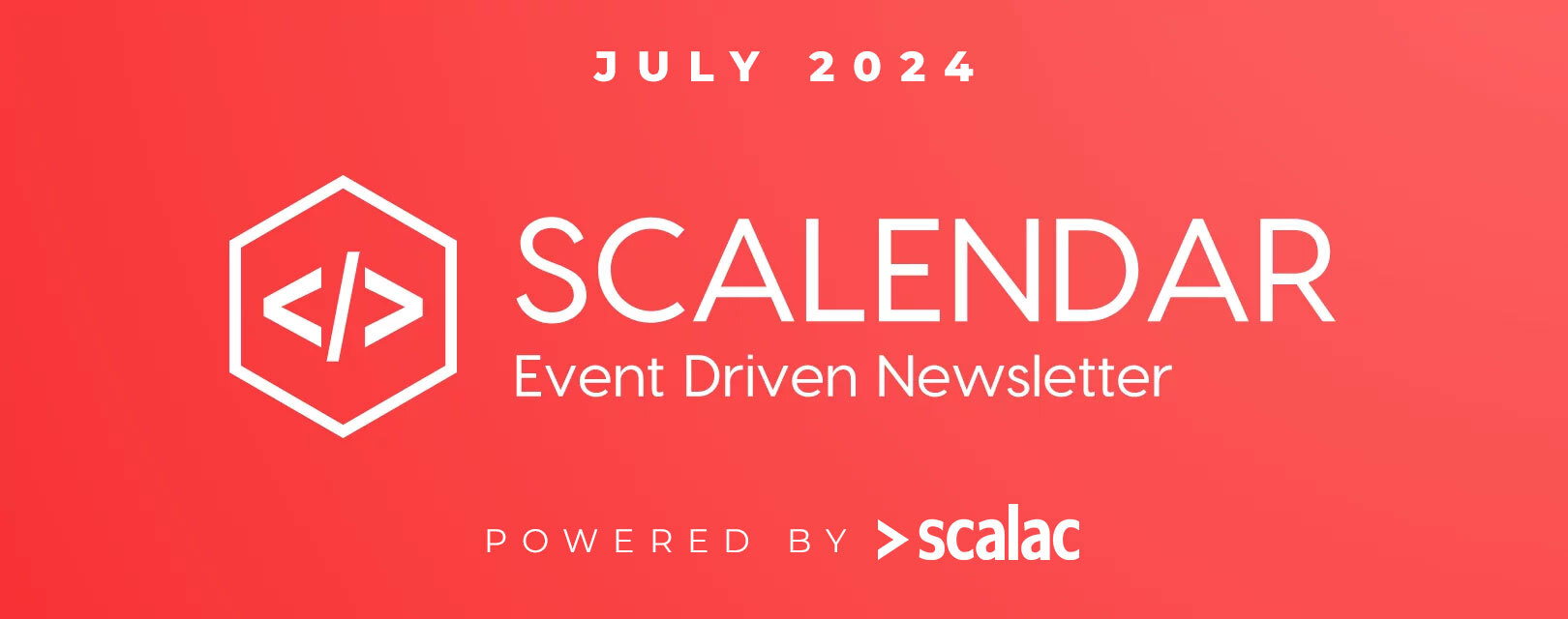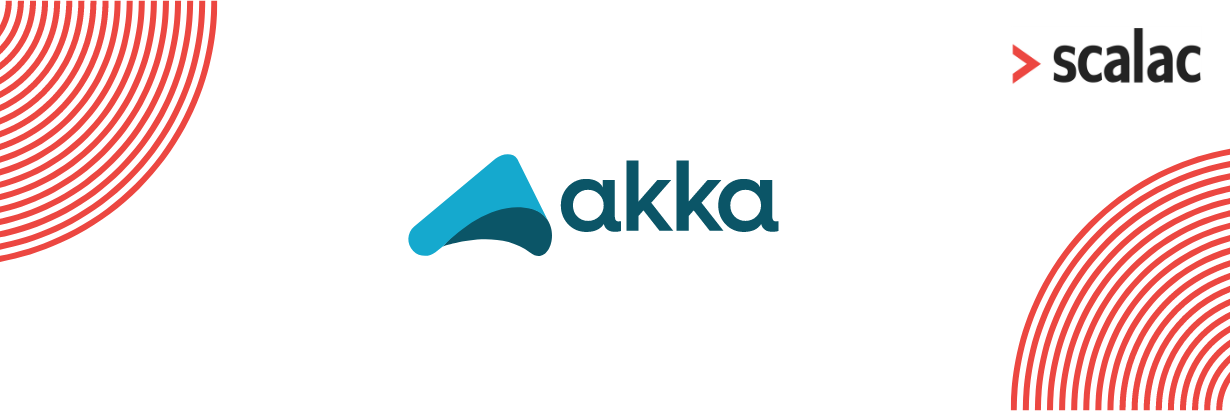
Blockchain – The Next Generation Of The Internet

During the last decade, technology has made a great impact on our lives. Over 3.6 billion people use social media worldwide and the number is going to increase. Most of us have heard fancy keywords like Big Data, Artificial Intelligence or Machine Learning. However, together with the expansion of these technologies I’ve mentioned, we can observe a tendency for a growing polarization and radicalization of societies. Our sensitive data is regularly leaked, hacked and sold. We have lost the right to decide about our own privacy, and recently we’ve seen that the current financial market can be hacked by a finite amount of Reddit users.
But what if I tell you that we stand before a great opportunity to change the direction of what the future world will look like.
The weakness of the current system and the opportunity for blockchain networks.
Great amount of Data
Not without reason, specialists say that we live in an era of information. It’s hard to imagine how much data we produce and consume everyday. Smartphones track every step of our movements inside and outside the house, Internet providers know about our every step online. We send text messages, pictures, music and videos with communication apps. We send documents and mails. However, when we dive deep into the details of the current solutions, we can see that all of the data we receive is a carbon copy of the data that is sent. This is not a problem when we think about websites or emails. But what if we want to send money? It’s crucial to realise that if you send money, you are no longer its sole owner.
Middleman
Currently this problem is solved by middlemen – institutions responsible for operations between both sides of the transaction. It’s not a complex matter to send money to another client from the same bank. But, what if you want to send it to another bank? Well, this is where things get a little wild. You have to trust that all of the middlemen are doing their jobs correctly.
Fees
It’s easy to understand that the current solution might be slow. The length of time of any transaction increases proportionally to the amount of providers, and all of them take their fees. This is not only inefficient but it also takes days to send money from one country to another.
And this is not only a technical problem. We have to think about the morality of the current system, where central banks can print money without any value and wealthier players on the market have special privileges. In January 2021,we witnessed an unprecedented consolidation of people buying the same stocks, outsmarting hedge funds. As a result, some Big Fish blocked the possibility of buying particular stocks in trading apps like Robinhood.
Inflation
We shouldn’t also forget about what may be the most important problem, which is social exclusion. Billions of people do not have the possibility to have a bank account. This might be simply a result of being a long distance from any banking facilities, but also many of these people may not have enough money to create an account. This is not only a financial issue – without a bank account people can have trouble with government bureaucracy.
Digitalization
There is also another problem, that governments, organisations and institutions that change and use the latest technology and digital databases might not accept paper property rights any more, which can open the opportunity for expropriation by them.
Voting veracity
During the last year, several democratic countries have had elections which were by correspondence or mixed voting in person and distance. This can cause a lot of chaos and many people have been unsure about the veracity of the results. But even if we think about the classic methods of voting, we still cannot be confident that our vote has been counted properly.
How does blockchain work?
It’s hard to solve all of these problems. It’s technically impossible to open up bank accounts for everyone.
Looking at the latest data: 69% of adult people have a bank account and 48% of all population have smartphones. We can’t compare this data directly, but I think we can agree that the number of smartphone users is increasing faster than bank account clients.
Fortunately, this gives a chance to connect people with the next generation of web technology.
Ledger
To understand the Internet of value, we have to understand some terms. First of all, the thing which collects these values together – is a ledger.
What is a ledger? It’s simply a list of all transactions enclosed in blocks of data. If you are curious about what we can store in a ledger I could answer that the sky’s the limit, but for the purpose of this explanation let’s stay with money.
Example
Imagine a situation where we have four friends: Alice, Bob, Charlie, and Daniel. They don’t like to use cash, so they have found a way to list all of their transactions in their own ledger. At the end of every month, they sum up all of the transactions and then monetize them in cash.

Our group has written in the ledger three transactions: Alice -> Bob (100$), Alice -> Charlie (100$), Charlie -> Bob (50$). On the last day of the month, they counted the balances and they know that Alice had a debt of 200$, Bob had 150$, Charlie had 50$ and Daniel had 0. They are good friends, so there was no problem with the settlements. However, we have to be aware that some problems may arise unless they have a money tree growing in their garden!
The initial state
The first thing we have to consider is the initial state. It would be a really dumb idea to think we could start without knowing the initial amounts of money. They realized this too, so our friends decided to throw some starting money into our ledger, let’s say 100$ each. But we can now clearly see that here’s the next problem. After the last day of the month, Alice had 100$ debt. So the next month, Alice has to pay all of the money she owes and therefore they will have to start with a new protocol:
- Everyone has to pay money into the web
- Having debt is not acceptable
Let’s say that the next month we have identical transactions.

Now our friends start to look at the protocols before every transaction. It’s important to know if the paying side has money to cover their transaction costs. That means that the second payment from Alice to Charlie will no longer be accepted.
Our friends trust each other and Alice didn’t try to cheat, but what if some other group wanted to use this protocol and one user wanted to cheat? We have to be sure that everyone agrees with all of the transactions. This is really important to trust that nobody can send the same money to two people at the same time. So from now on, every transaction must be written on exactly the same copy of a ledger which is held by each user of the group.
However, there is still a place for improvement. It might be quite inefficient to constantly have to get all of the users in one place to copy the records together and validate them.

To resolve this problem, Daniel, who is the most trustworthy of them all, offers to record and validate all of the transactions every month himself. He is also obliged to send a copy of the updated ledgers to every friend. The guys agree and decide to give some benefits to Daniel for the management of the ledger.
Everything looks fine as long as you have a small group of friends with one guy who is completely trustworthy. But what if we want to scale up this solution?
The First Blockchain
In 2008 an anonymous person – or group of people – named Satoshi Nakamoto invented Bitcoin – the first blockchain. It works very similar to the example mentioned above. However, here every member of the blockchain is hidden under a complicated address. Thanks to computer science and cryptography we don’t have to trust each other and be sure that all of the transactions are valid.

Bitcoin
Bitcoin lists the records of the last 10 minutes and opens a mathematical contest for the next `most trustworthy` friend, who is called the ‘miner’. The miner, by resolving mathematical problems, gets the possibility to create a list of transactions and takes a code-specified amount of reward as the last transaction. This list is called a block and it appends to the immutable list of blocks. That’s where the name comes from.
If you are wondering about the security of this solution, the code is open source and everyone can see each line of its mechanism. If somebody wants to create some fake transactions he must change all of the existing transactions in each ledger, on each node where security is proven by an asymmetry of hash functions and digital signatures. Technically – this is impossible.
Okay, but Bitcoin has only one function – to hold a value and transact it between users of the blockchain. Hopefully, this will not be the only use case for blockchain.
Smart Contracts
We live in a world full of smart things: smartphones, smart TVs, and smart houses. All of this stuff is connected to the Internet of Things. And inside the Internet of Value, there is the concept of smart contracts.
A smart contract is a computer program or a transaction protocol that is intended to automatically execute, control or document legally relevant events and actions according to the terms of a contract or an agreement.
In plain English, it’s a piece of code that is immutable and distributed – and once created can’t be changed and every user can validate its accuracy.
For example, with smart contracts you can get a loan from users of the blockchain at a lower cost – there are no middlemen, hidden payments, etc. Smart contracts describe what happens in specific situations. The code is the law.
Ethereum
The most important implementation of blockchain with smart contracts is Ethereum. In contrast to Bitcoin, Ethereum has overwhelmingly more use cases, however, there is still a lot of space for new implementations, and it is good to be up to date with the latest.
So now we understand blockchain basics, where can we apply them?
How to use Blockchain? – Blockchain Use Cases
dApps
As a software developer I have to start with dApps. The term dApp is an abbreviation for decentralized application. From a user experience it doesn’t look much different from typical mobile or web applications. However, when we look deeper into the backend, we find that the application doesn’t work in some centralized cloud, but in a decentralized peer to peer network.
This is a really small market according to its possibilities, mostly dominated by decentralized exchanges such as Uniswap or Sushiswap. There are already blockchains for decentralized social media and there are thousands of games on Ethereum. The opportunities are limitless.
Decentralized Finances (DeFi)
I have already mentioned a situation when hedge funds blocked normal people from buying stocks. For everyone interested in a market with no watchmen above their heads, let me introduce you to DeFi – decentralized finances. DeFi is a field of financial applications in cryptocurrency or blockchain. Most popular implementations are lending platforms – dApps which connect borrowers to lenders of cryptocurrencies, stablecoins and prediction markets.
Supply Chain Management
Do you remember the panic at the beginning of the pandemic? Especially the lack of essential products in shops. With blockchain technology, we can avoid similar situations thanks to the management of the supply chain. Tracking the supply chain of goods is important for many industries, e. g. pharmaceutical, cosmetics, food, and electronics. The combination of using a GPS system, in this particular case the recording of the movement of products with the timestamp and transactions in the blockchain allows the elimination of a lot of abuses during the distribution. Moreover, it creates the possibility of being able to choose products from balanced sources.
Healthcare Management
Another big field connected with the previous point is healthcare. Here blockchain has a wide range of applications. The ledger technology can facilitate the secure transfer of patient medical records, manage the medicine supply chain and help healthcare researchers unlock genetic codes. The main advantages of using this technology include:
- reducing the processing time of claims issued by service providers,
- enabling control over the entire path of both care and the billing cycle
- access based on permissions that allows the disclosure of relevant data only to authorized people
Real Estate Tokenization
In the real estate industry, blockchain has impacted in a variety of ways, including offering a new means for buyers and sellers to connect with each other. Together with the growing importance of cryptocurrencies making payments with tokens. It also could be used to cut intermediaries out of the transaction process, which can reduce costs. Blockchain allows codifying the practice of fractional ownership of the real estate.
Read more: Real estate tokenization: a practical guide
Voting
Another important topic, especially in democratic countries is voting. Thanks to decentralization and cryptography, blockchain can catch any attempts at falsifying results. Moreover, it can make it possible to track results in real time with the possibility of changing your vote right up until the polls are officially closed. Of course, with blockchain, you can vote from any location around the world. Are you on vacation or on a business trip? No problem. You will still be able to participate.
Culture as a product – NFT(Non Fungible Tokens)
Culture as a product may be the most booming market right now – NFT(Non Fungible Tokens). In this case, it is used by musicians, but it could also be used in other fields of arts and science, or even for supporting your favorite sports team. Here, blockchain can give new possibilities when it comes to accounting sales for work. It allows avoidance of additional fees and can reduce the risk of fraud as well as giving an opportunity to trade recordings more easily and conveniently. It can also help in distribution, especially for bands and musicians not signed to large record companies.
Personal data ownership
Personal data ownership – with Self Sovereign Identity you will be able to be in charge of your most precious asset in the XXI century – your identity. We hear about data leaks every day, and together with those, we also often give away our privacy for free. Thanks to blockchain and smart contracts you will be able to decide who can know about you and how much of your personal data they can have access to
The current situation of blockchain networks (2021):
Proof of Work concept (PoW)
We have to remember that this is a brand-new technology and new ideas are being released every day. Developers see the pros and cons of existing solutions and try to improve on them or create new ones. For example, nowadays we can see the inefficiencies of Bitcoin solutions with the Proof of Work concept. PoW is a mechanism I have already mentioned for choosing a miner. It’s still a quite good solution, but it is unscalable.
Together with the increasing role of this cryptocurrency, more people want to transact and mine. And to be an effective miner you have to have a powerful computing station. As a result, we can see there is limited availability of new components and a dangerous increase in energy usage worldwide.
Proof of Stake systems
To solve this problem, developers have started to implement more efficient, Proof of Stake systems. In this case, the node that records each transaction is chosen by an algorithm, with the chances of selection increasing with the amount of the currency the node’s owner holds. We can see this solution in popular blockchain networks such as Cardano, Polkadot, and Tezos. In December, Ethereum also released the second version of its protocol based on the Proof of Stake system.
Thanks to the constant development of this technology and the growing awareness of the disadvantages of the current system, more and more people, assets and money will flow into blockchain technology.
At the moment of writing, DeFi has increased 40 times from the same moment last year (and that was before the pandemic began). In Ethereum only, there are more than 1.2 million transactions per day and the value located in its DeFi is over 37 billion dollars. We can also talk about the existing PoW solution in Bitcoin with 30 transactions per second limitation. If we want to compare this to existing PoS systems: Cardano offers 257 TPS, and developers declare that Ethereum 2.0 will be able to handle up to 100000 TPS, while Polkadot is going to set a limit of one million TPS.
Blockchain for the biggest players
Nowadays, we can see a growing interest in blockchain networks by the world’s biggest institutions. Transport giant companies like UPS or FedEx implement blockchain technology in their own supply chains. Technological giants such as Tesla and Apple have started buying cryptocurrencies, and Elon Musk has declared that it will now be possible to buy new cars with Bitcoin. The payment sector also wants to get in the ring – Paypal, Mastercard, and Visa have just announced the future prospect of usage of crypto.
If you have anything you are unsure about or any questions, feel free to write a comment. And if you would like to hear more about what goes into making blockchain in more detail, such as NFTs, etc, please also feel free to write in the comments.
Sources
- https://www.statista.com/statistics/278414/number-of-worldwide-social-network-users/#:~:text=Social%20media%20usage%20is%20one,almost%204.41%20billion%20in%202025
- https://www.bankmycell.com/blog/how-many-phones-are-in-the-world
- https://www.centerforfinancialinclusion.org/new-global-findex-sixty-nine-percent-of-global-population-is-banked
- https://coinmarketcap.com/alexandria/article/a-deep-dive-into-cardano#:~:text=of%20any%20user.-,What%20Is%20Cardano’s%20Transaction%20Speed%20(TPS)%3F,slightly%20higher%2015%2D20%20TPS
- https://vanrijmenam.nl/why-polkadot-will-be-a-catalyst-for-decentralised-apps/#:~:text=Polkadot%20has%20both%20speed%20and,second%2C%20according%20to%20Gavin%20Wood
- https://www.reuters.com/article/health-dna-idINKBN1KO144
